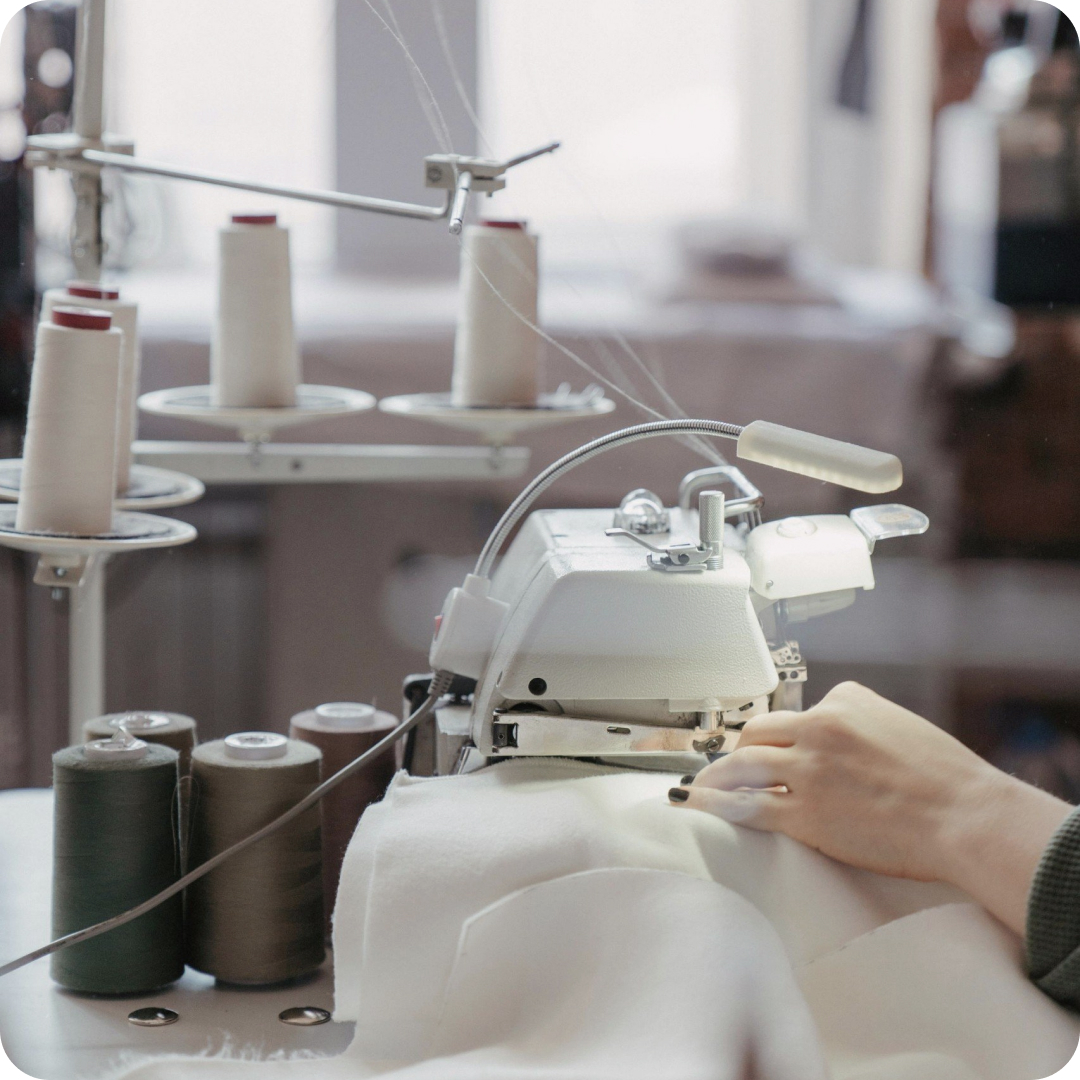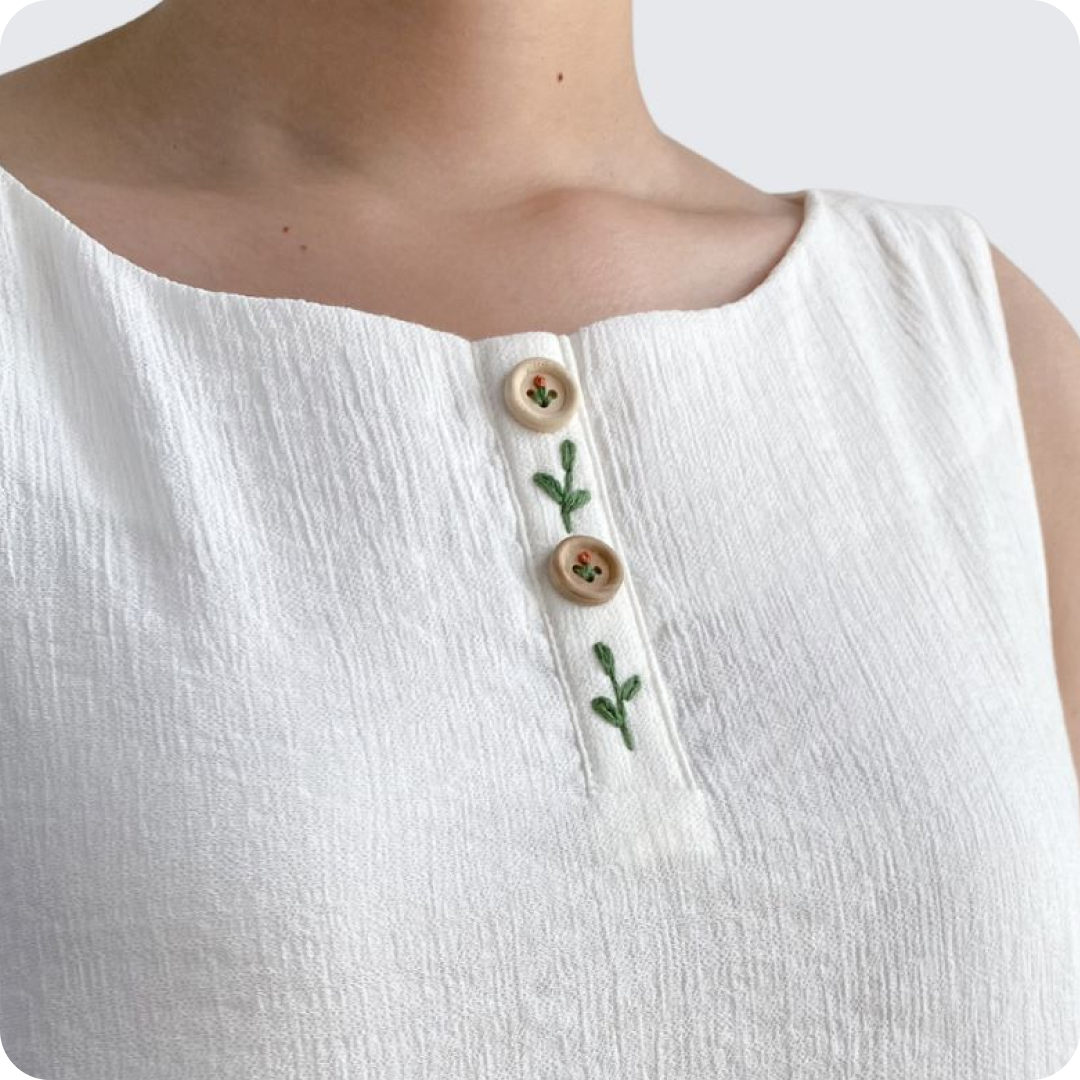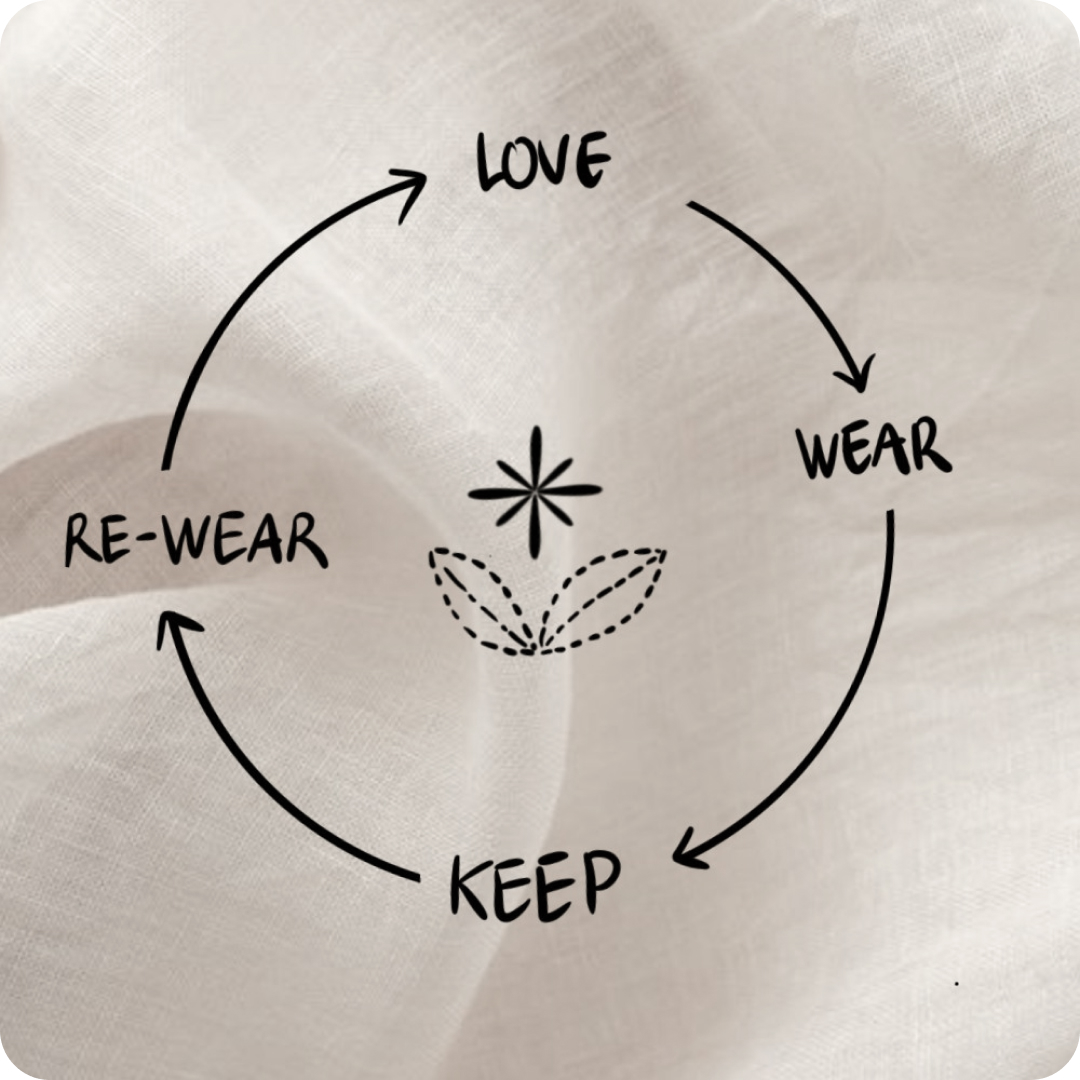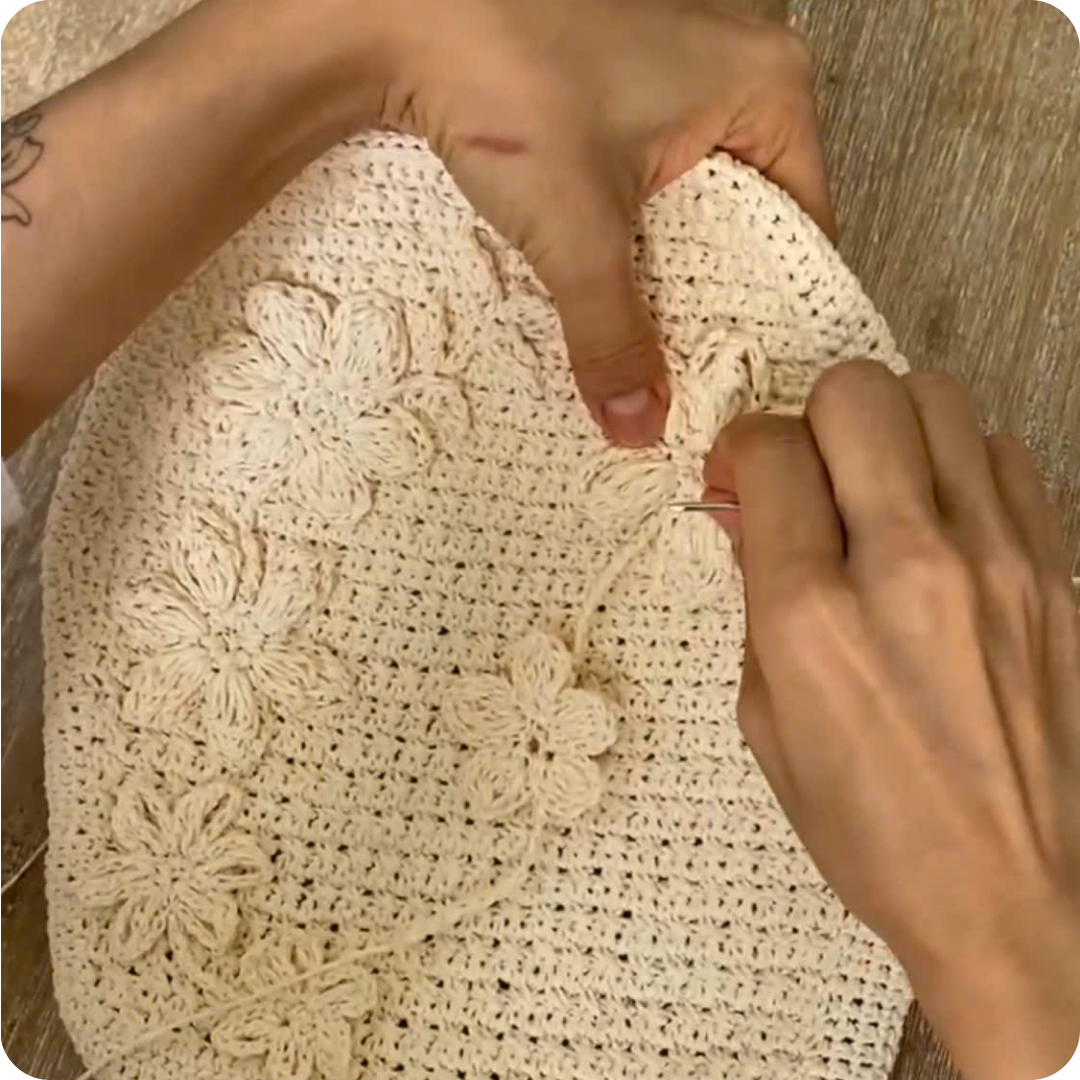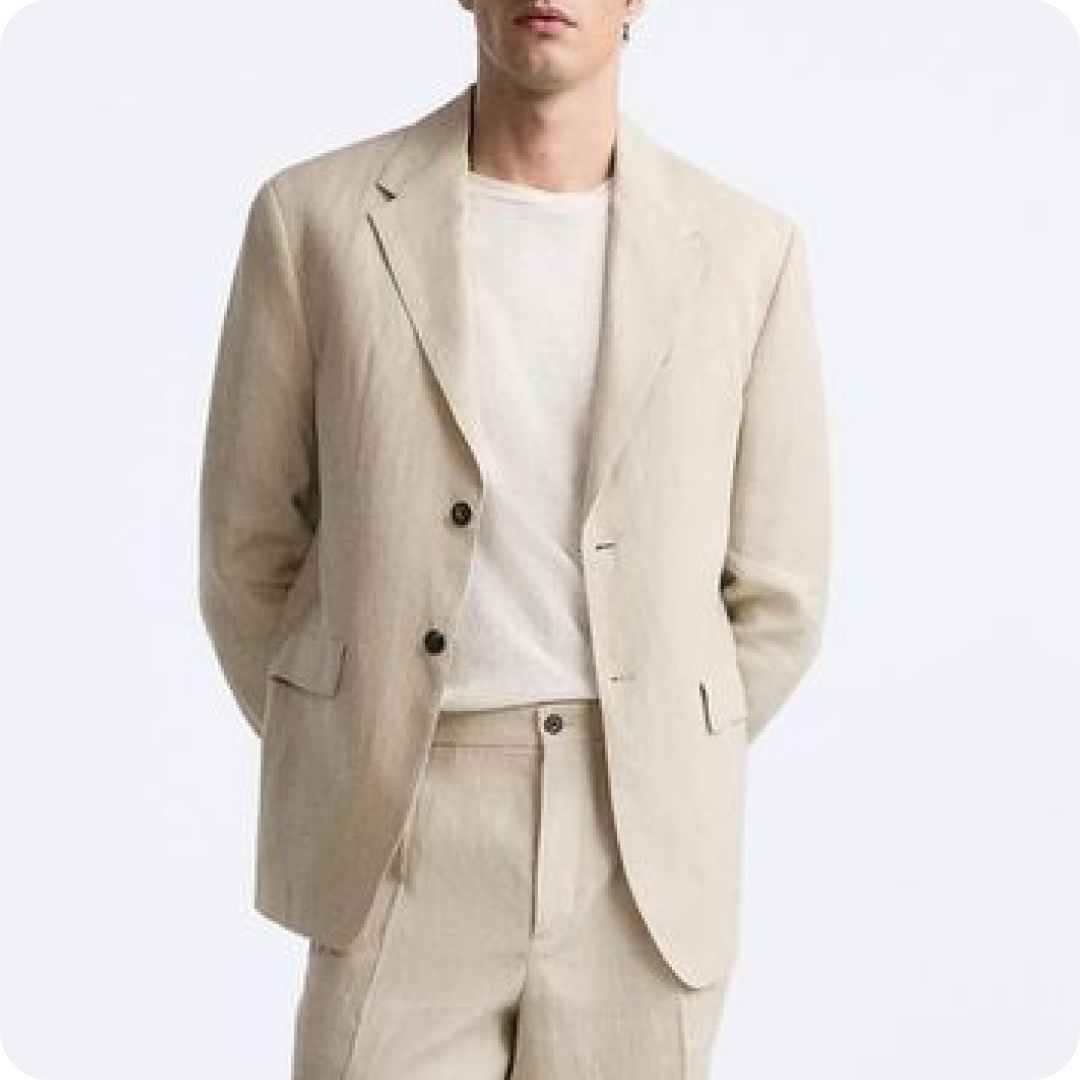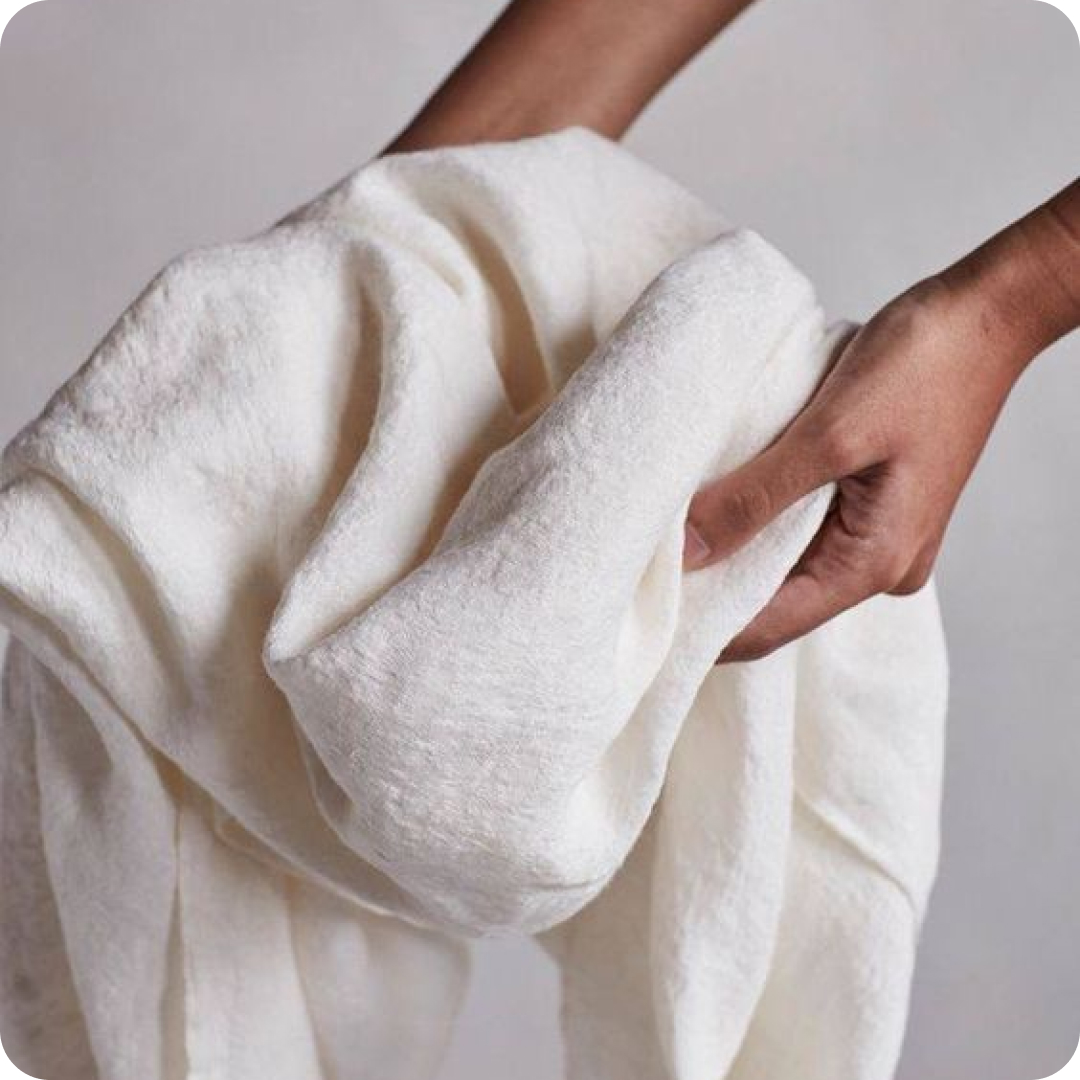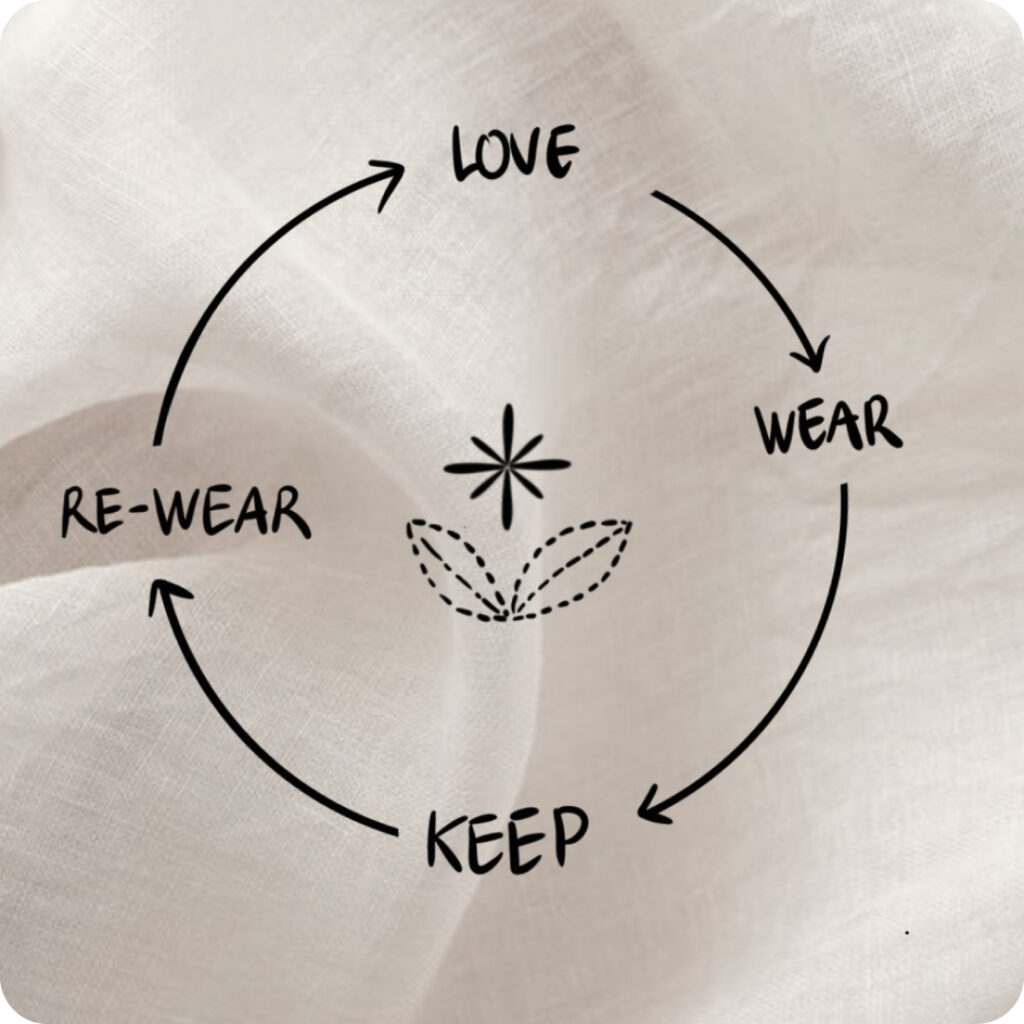2024 Sustainable Clothing Trends: A New Dawn
Embracing Organic Cotton Clothes
Choose environmentally friendly organic cotton clothes today. (Internet Source)
One of the pivotal trends in sustainable fashion for 2024 is the widespread adoption of organic cotton. Unlike regular cotton, organic cotton is grown without harmful chemicals, making it eco-friendly and safer for the environment. Additionally, the benefits of organic cotton extend beyond environmental considerations; it’s also softer, offering enhanced comfort and durability. As a result, consumers can look forward to seeing an increase in organic cotton clothes across both high street and boutique clothing lines.
The Rise of Sustainable Clothing
Custom suits represent the epitome of sustainable fashion, combining luxury with personalization and waste reduction. The made-to-measure model ensures that each piece is crafted to fit the individual perfectly, minimizing off-cuts and fabric waste. In 2024, the demand for custom suits is expected to surge, driven by an increased awareness of their environmental benefits and the rising popularity of boutique clothing services that offer bespoke tailoring.
Boutique and Customized Clothing
Boutique clothing is setting the tone for a more sustainable and personalized fashion industry. These establishments are at the forefront of the shift towards smaller, more focused collections, often utilizing eco-friendly materials and dyes. The rise of boutique clothing signifies a move away from mass-produced fashion, offering consumers unique pieces that resonate with their personal style and values.
Furthermore, the trend extends to customized clothing, where individuals have a say in the design and production of their garments. This collaborative approach substantially reduces waste and ensures that clothing reflects the wearer’s distinct preferences, fostering a stronger connection between consumers and their apparel.
Clothing by Design: Sustainability as a Core Principle
Clothing by design is a concept that encapsulates the essence of sustainable fashion. It insists on intentionality in every aspect of garment creation, from the selection of materials like sustainable or vegan fabrics to the crafting of timeless designs that defy fast fashion trends. The focus on eco-friendly fabrics, such as those derived from food waste, algae, and mushrooms, exemplifies the innovative approaches being adopted to minimize the fashion industry’s environmental footprint.
In 2024, clothing by design is not just a trend but a movement towards a holistic understanding of sustainability. It challenges designers and consumers alike to rethink their practices and preferences, prioritizing longevity, ethical production, and minimal environmental impact.
Conclusion
The year 2024 is poised to mark a pivotal moment in the history of fashion, as sustainability becomes a paramount focus. The trends toward organic cotton clothes, custom suits, boutique and customized clothing, and the overarching philosophy of clothing by design, signal a growing acknowledgment of fashion’s impact on our planet. As we embrace these trends, we contribute to a more sustainable, ethical, and personalized fashion landscape, ensuring that our sartorial choices not only elevate our style but also reflect our commitment to environmental stewardship.
In embracing these sustainable trends, consumers and the industry are walking hand in hand towards a future where fashion respects both people and the planet. As we look ahead, the progress in sustainable practices and materials is not just promising but essential, heralding a new era of fashion that celebrates both style and sustainability in equal measure. This collective effort will shape a new era of fashion, one that celebrates both creativity and sustainability, paving the way for a more responsible and mindful fashion industry.

